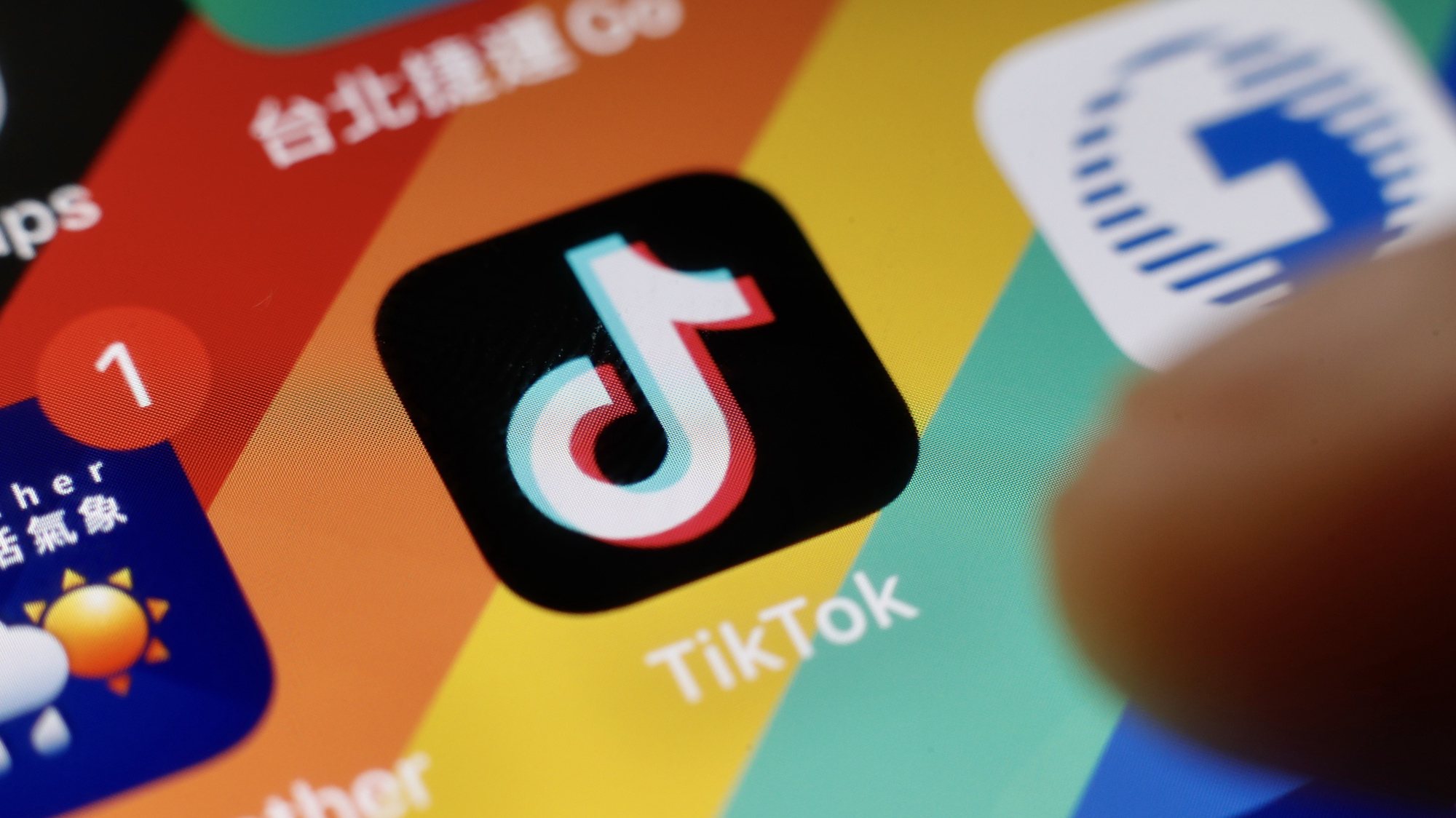The platform announced more details about Project Clover, through which it will “introduce a series of new measures to improve current data protections,” it says in a statement.
Short-form video platform TikTok announced details of Project Clover on Wednesday, which aims to introduce new measures to improve data protection and will open two European data centers in Ireland and Norway.
The social network, owned by the Chinese ByteDance, has seen its application prohibited on professional devices, both in the United States and in the European Union (EU), for security reasons.
This Wednesday, the platform announced more details about Project Clover, through which it will “introduce a series of new measures to improve current data protections,” it says in a statement.
“Building on the data security approach implemented in the United States of America, TikTok will enhance data access controls, with the introduction of security portals that determine employee access to UK user data and European users of the platform, and the data transfers of European users. . Any access to the data will not only comply with relevant data protection laws, but must also first go through such security portals and additional verifications.
US Senate approves TikTok ban on official devices
In order to have independent monitoring and verification, “TikTok also announced the choice of a third European partner for data security, which will oversee and audit data protection and controls, monitor data flows, provide independent verification and report incidents.
Tiktok, which “will also work with third parties to incorporate the latest advanced privacy-enhancing technologies into its approach”, confirmed that, in addition to the European data center in Dublin, announced in 2022, it will open a second in that capital and a third in Hamar region, Norway.
“The latter will be managed 100% with renewable energy,” underlines TikTok.
The social network “has already begun to store data of European users in Ireland and will continue this work during this year 2023 and until 2024”, and, “once completed, the three data centers will be the standard data storage locations for European TikTok users, with a total annual investment of 1.2 billion euros,” the platform indicates.
“An internal team has been dedicated to working on Project Clover since last year and implementation of these innovative and industry-leading measures will continue throughout this year and through 2024,” the statement read.
The Clover Project “reinforces our long-standing commitment to data security in Europe and will ensure industry-leading data protection and security for our European community of 150 million people,” says Theo Bertram, vice president (VP) of policy public and government. relations for TikTok, quoted in the statement.
In an interview with Lusa on February 27, the person in charge of TikTok for southern Europe said that the suspension by the European Commission of the social network on professional devices is “a political decision that goes far beyond” respect for European standards.
The European Commission bans employees from using TikTok
“In a way we understand that the debate can be more political” in the United States, but “here in Europe we have very strong rules” at the European and national level “that we respect,” said Giacomo Lev Manheimer, ‘head of government relations and public policy , southern europe’ (Head of Government Relations and Public Policy for Southern Europe) of TikTok.
“That is why we do not see (that the suspension by the European Commission) falls within this framework of rules, above all we see it as a political decision that goes far beyond the rules and respect” for European rules, he said. the official.
Giacomo Lev Manheimer said that the TikTok does not know the “reason behind the decision” of the European Commissiona process that he considers “strange”, but is “sure” that everything will be resolved.
“I would like to emphasize how surprised we were (by the decision), it was completely unexpected, considering that our CEO (chief executive officer) was in Brussels just a few weeks ago (in January), meeting with all the relevant commissioners and not one has raised any concern about cyber security or privacy risks,” he said.
Source: Observadora
